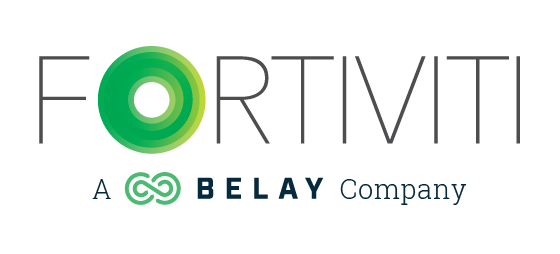Navigating the end-of-year financial tasks can be a daunting challenge for small business owners. With a bit of planning and organization, though, you can make your life easier come December. Here are three ways you can save yourself a headache at year-end.
Accurate Bookkeeping
Accurate bookkeeping is key to a stress-free year-end process. Keeping your books organized and up to date throughout the year makes it much easier to prepare for tax season, understand your financial health, and make informed business decisions.
- Regularly Reconcile Accounts: Make it a habit to reconcile your bank and credit card accounts monthly. This ensures that your financial records match your bank statements, allowing you to spot discrepancies and correct errors promptly. Regular reconciliation also helps prevent fraud and keeps your records accurate for tax filing. Make sure you’re also looking into those uncleared items! If you got a lot of transactions that are not clearing out when you do your reconciliation, you may have duplicates or mis-categorization to fix.
- Categorize Expenses: Keep detailed records of all business expenses. Categorize each transaction properly, noting the purpose of each expense. This will make it easier to deduct eligible expenses come tax time and provide you with better financials to review business performance throughout the year.
- Review Financial Statements Regularly: Take time to review your financial statements – especially your profit & loss statement and balance sheet – on a regular basis. This will help you identify trends, spot potential issues, and make informed financial decisions. When reviewing your Balance Sheet, make sure you know exactly what each balance is for and that it seems reasonable. Often, inaccuracies in your profit & loss statement result from incorrect entries to your Balance Sheet.
Keeping Track of 1099 Contractor Forms
1099 Reporting is required for all businesses. You are required to report certain forms of payment to various vendors and contractors. This is not just for independent contractors that you hire for services. Make sure you understand the requirements so that you are compliant.
- Collect W-9 Forms Early: Before you pay any vendor or contractor, request a completed W-9 form from them. This form provides the necessary information you’ll need to prepare a 1099, including their taxpayer identification number. Having this information upfront can save you a lot of time and hassle at year-end.
- Track Payments: Keep accurate records of all payments made to vendors and contractors throughout the year. Your accounting software can help you track payments, and some platforms even have built-in features to generate 1099 forms. Ensure you categorize expenses accurately, as some types of expenses are required to be reported differently.
- Set Reminders for Deadlines: The deadline to send out 1099 forms is January 31st, for the prior year. Don’t wait until the last week of January to request vendor documentation. Set reminders in your calendar to ensure you meet these deadlines and have everything ready in advance.
- Use E-File Services: Consider using e-file services to submit your 1099 forms to the IRS. These services can streamline the filing process, reduce errors, and provide confirmation of submission. Many accounting software packages offer e-filing options, making it easier to manage 1099s directly from the platform.
Keep Tabs on Your Accounts Receivable
Keeping up on Accounts Receivable can help to ensure your financial statements are accurate and also helps you to stay on top of your cash flow.
- Review Accounts Receivable: Set a regular process for reviewing your accounts receivable to identify overdue invoices. Generate a report of outstanding invoices and categorize them based on the length of time they’ve been overdue. This will help you prioritize which invoices to tackle first.
- Send Reminders: Reach out to clients with overdue invoices by sending friendly reminders. A simple email or phone call can often be enough to prompt payment. Consider setting up automated reminders through your accounting software to ensure consistent follow-ups.
- Offer Payment Plans or Discounts: For clients who are struggling to pay their invoices, consider offering a payment plan or a small discount for immediate payment. This can encourage them to settle their accounts more quickly and improve your cash flow.
By focusing on accurate bookkeeping, managing 1099 forms, and keeping up on your accounts receivable, you’ll be better prepared for year-end and the challenges it brings. These practices will not only reduce stress but also provide a strong foundation for financial success in the coming year. At Fortiviti, we’re committed to helping small business owners like you navigate the complexities of year-end financial management with ease. If you need further assistance or have questions, feel free to reach out—we’re here to support your success.
Posted in Accounting Solutions, General, Small Business Accounting
